COS News
News

Connie Phong wants to know how an animal adapted to live in a highly specialized environment — just below the freezing point for seawater — responds to warming oceans.
How Northeastern scientists are using Antarctic sea spiders to study life on the edge
News

Fleury Augustin Nsole Biteghe has identified a way to target two of the deadliest cancer types with chemotherapy drugs but without the harms associated with chemotherapy.
Northeastern researcher uses light to target and kill cancer cells
Showing 171 results in Psychology
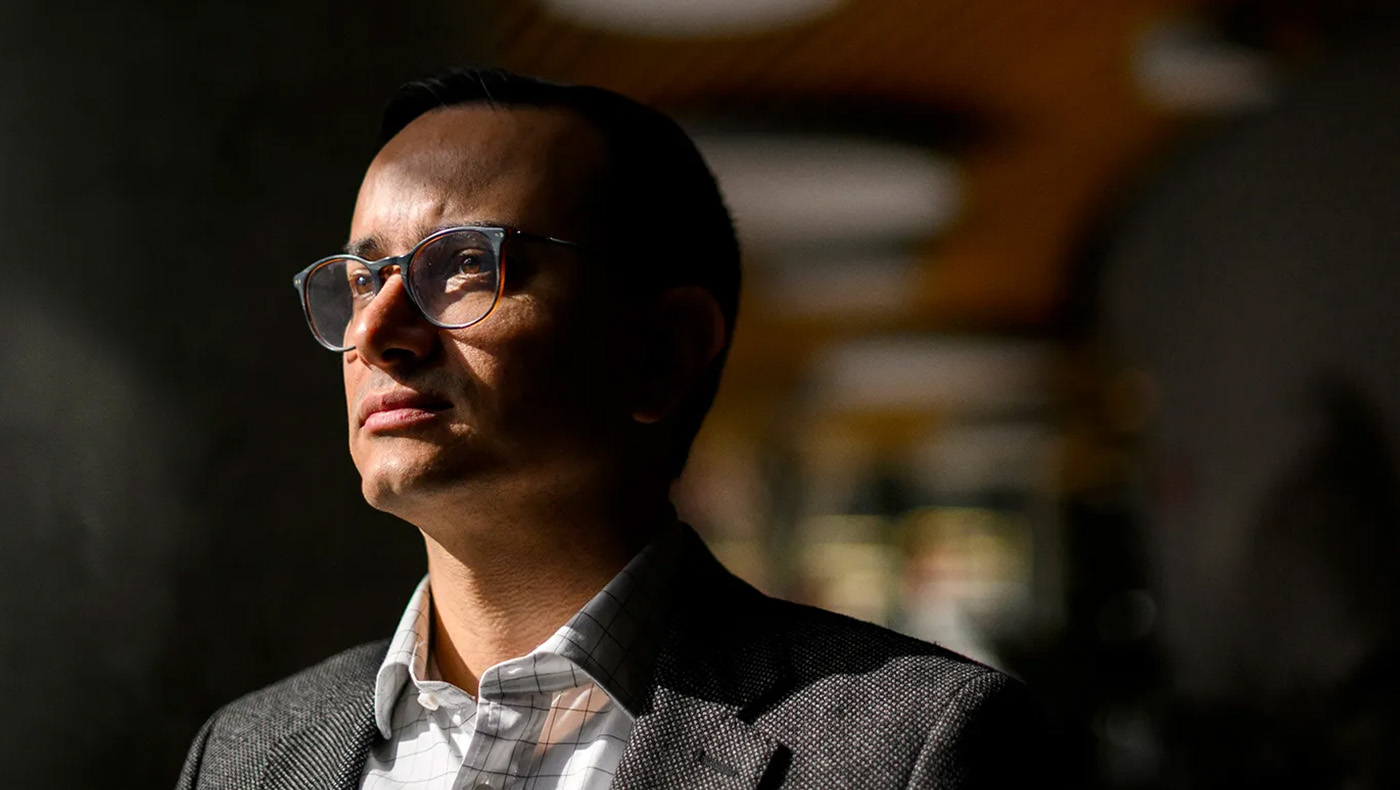
Northeastern professor wins Rising Star award
Enter Jorge Morales, an assistant professor of psychology and philosophy at Northeastern, whose background is in the “philosophy of mind”—a subset of philosophical inquiry that focuses on, among other things, phenomenology, consciousness and subjectivity.
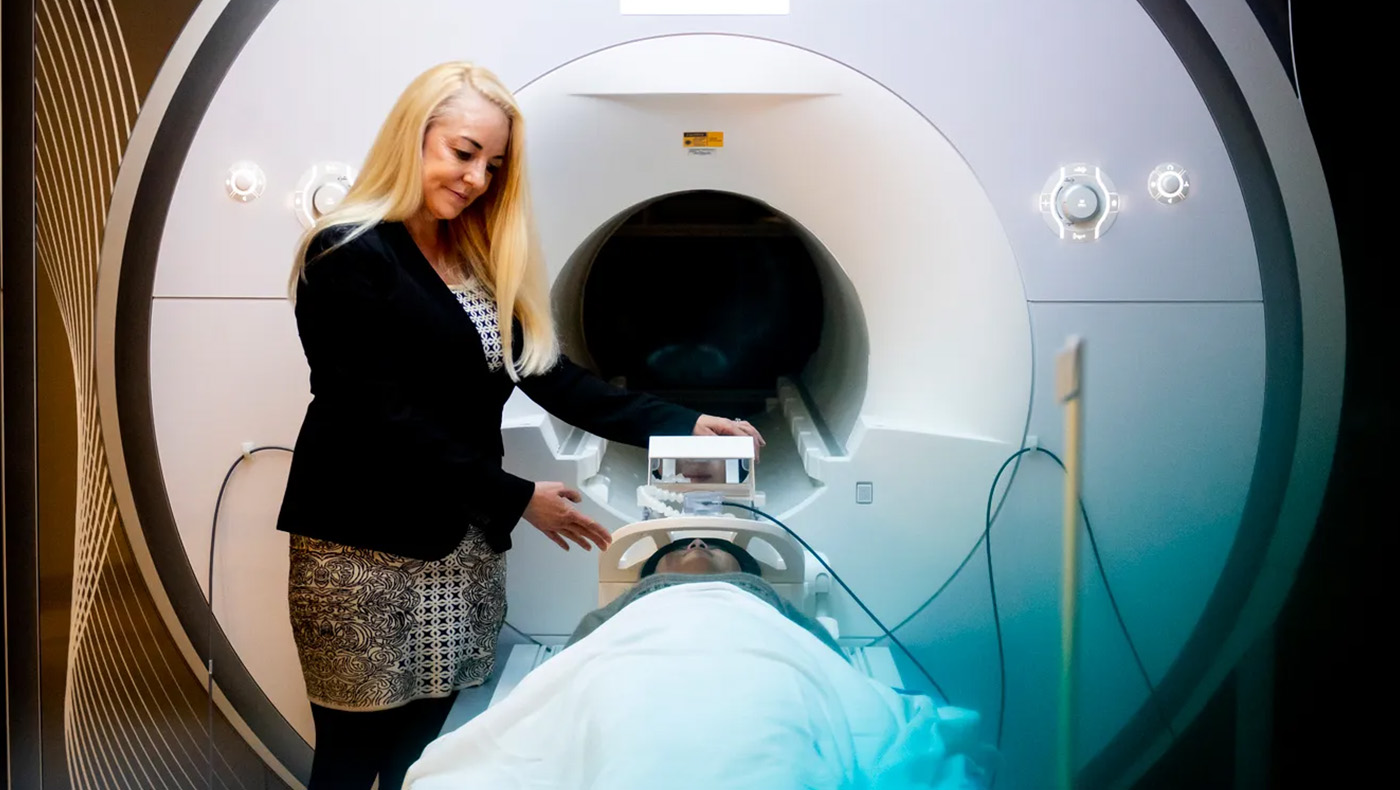
Could mind games help cure teen depression?
In the midst of a devastating mental health crisis affecting thousands of American teens, Northeastern University psychology professor Susan Whitfield-Gabrieli says a non-invasive remedy for depression and anxiety offers hope.
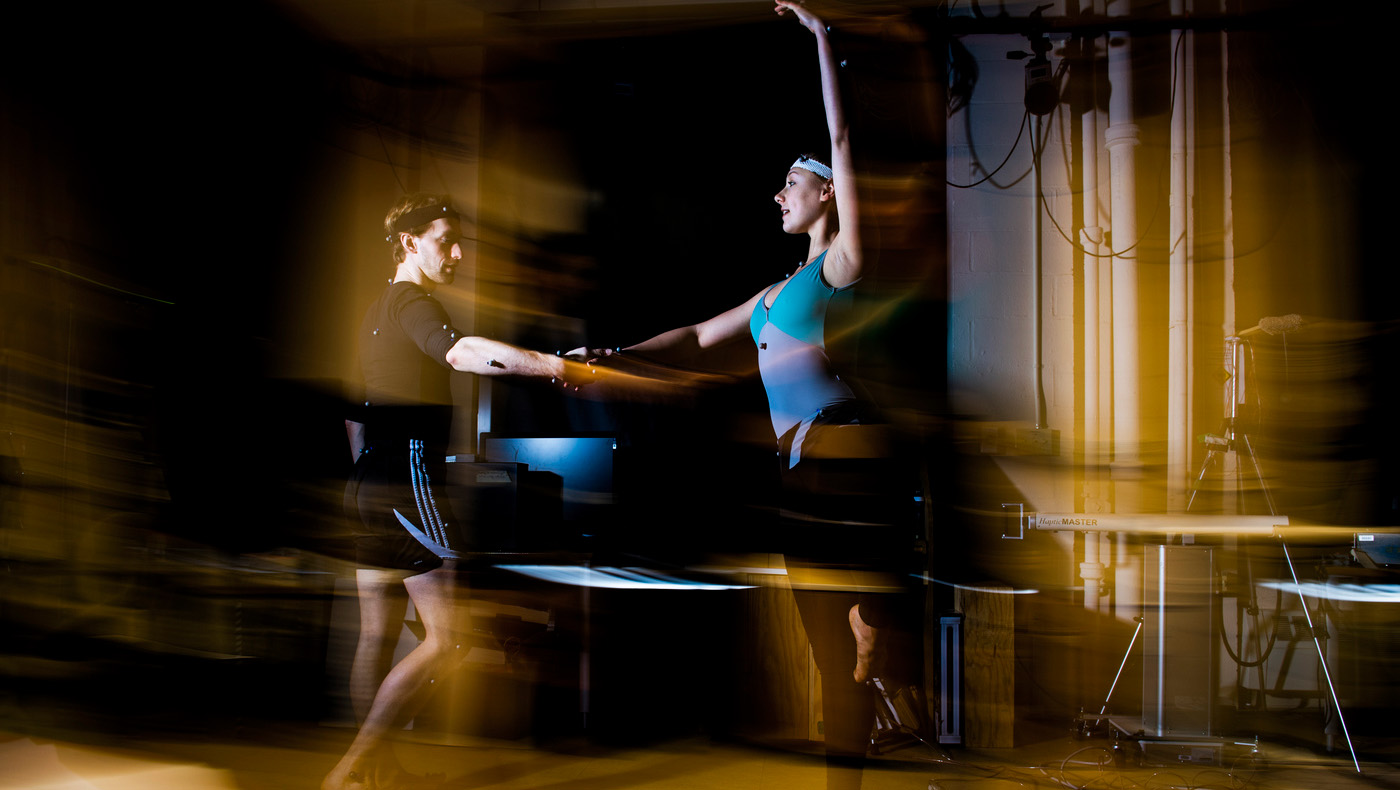
Narrative | The Science of Movement
Northeastern professor Dagmar Sternad is studying ballet dancers to understand how to help people regain their balance in old age. Her findings could help us improve our mobility, design better robots, and discover how to more effectively treat stroke patients.
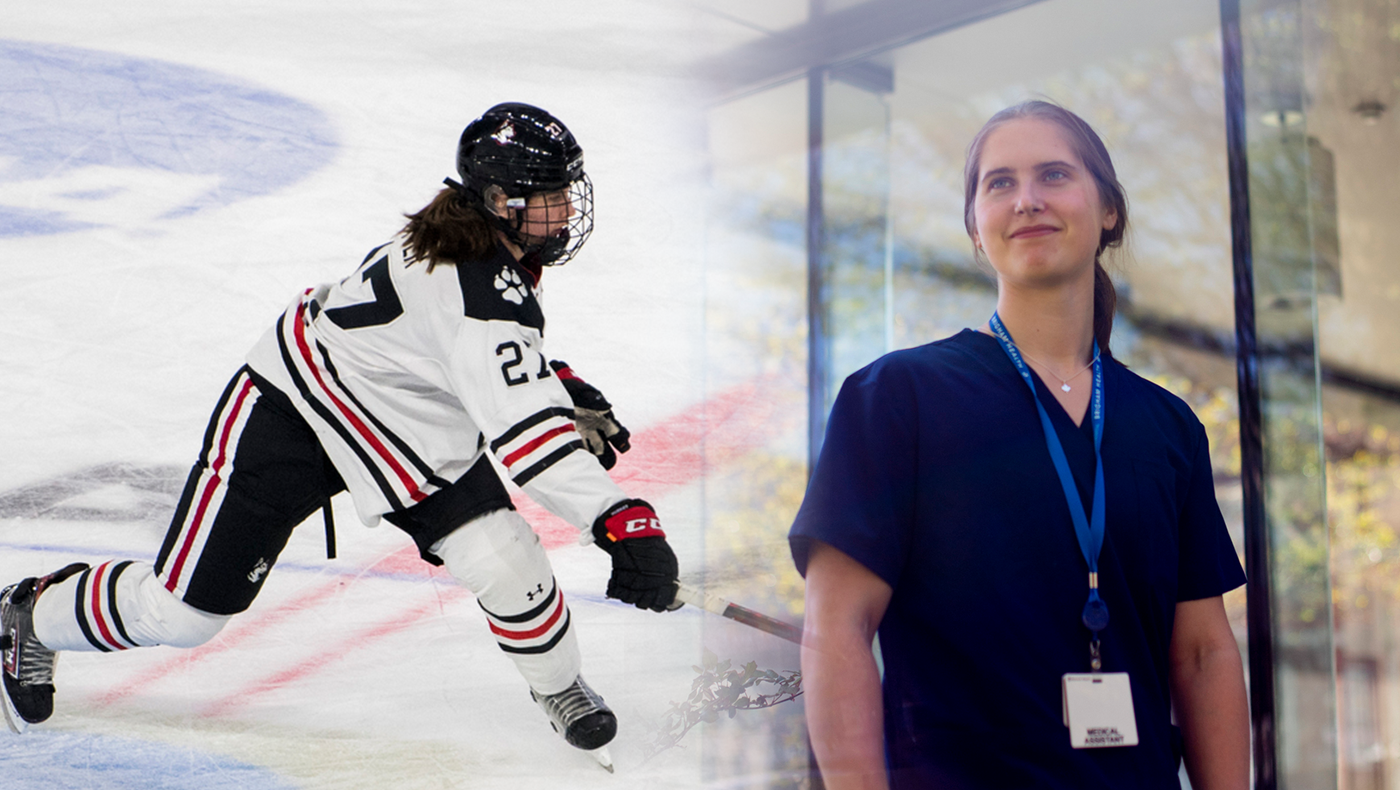
Behind the Beanpot: An Exclusive Q&A with Megan Carter, COS Student and Member of the Women’s Ice Hockey Team
With only days away from the beloved Beanpot championship, Megan Carter, a senior biology student and member of the women’s ice hockey team, joined us for an exclusive Q&A on her passions on and off the ice.
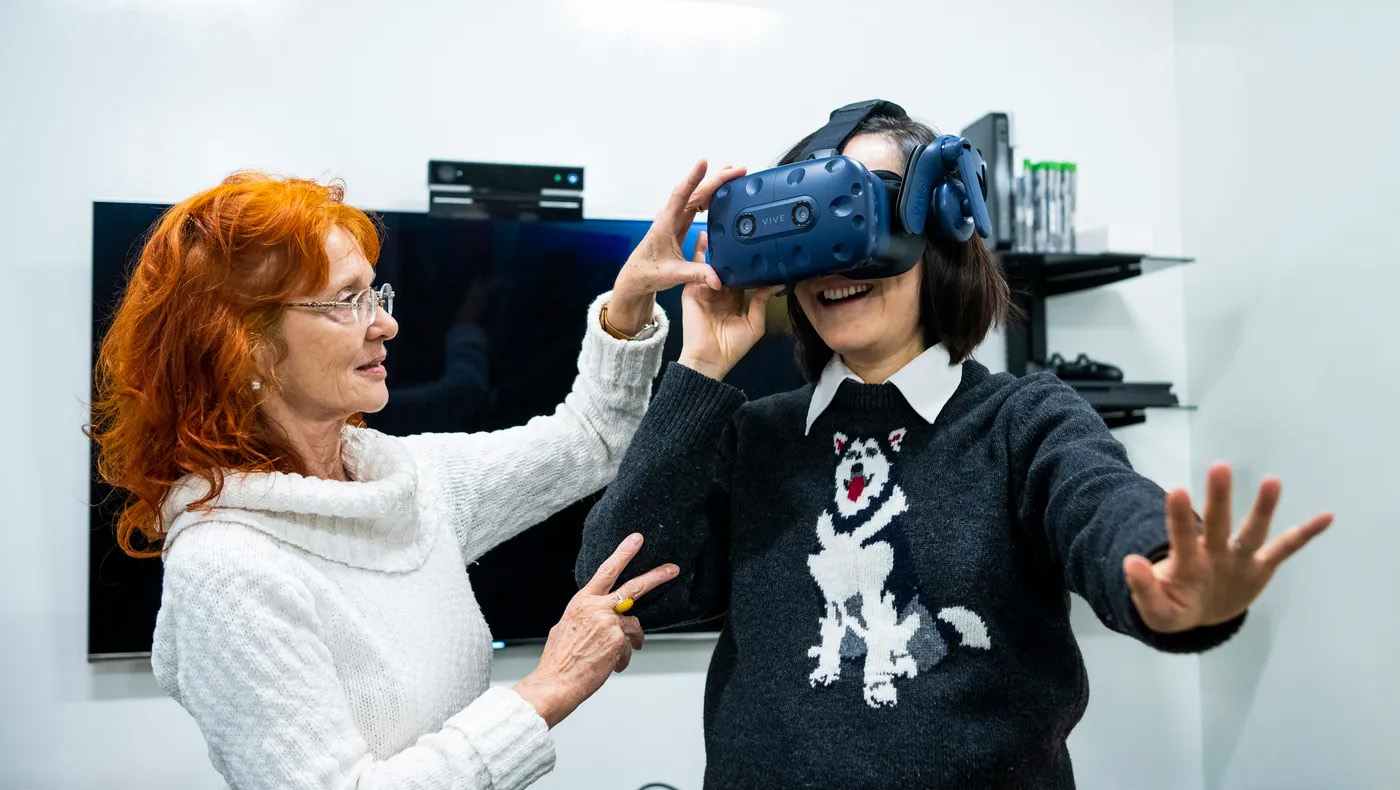
Video games might be better for balance rehab than conventional physical therapy
Don’t throw away that Wii Fit Balance Board––it might be more valuable than you think.
New research from a team at Northeastern University found that active video games––like Wii Fit and Dance Dance Revolution––are more effective for improving balance than conventional forms of physical therapy.

Tom Brady without football: A look at the psychology of a retiring athlete
Twenty-three seasons and seven Super Bowl rings later, quarterback Tom Brady is hanging up his jersey and donning civilian clothes. His retirement announcement on Wednesday comes a year after the 45-year-old football star initially said he was stepping away from the sport before committing again to what would be a final season with the Tampa Bay Buccaneers.
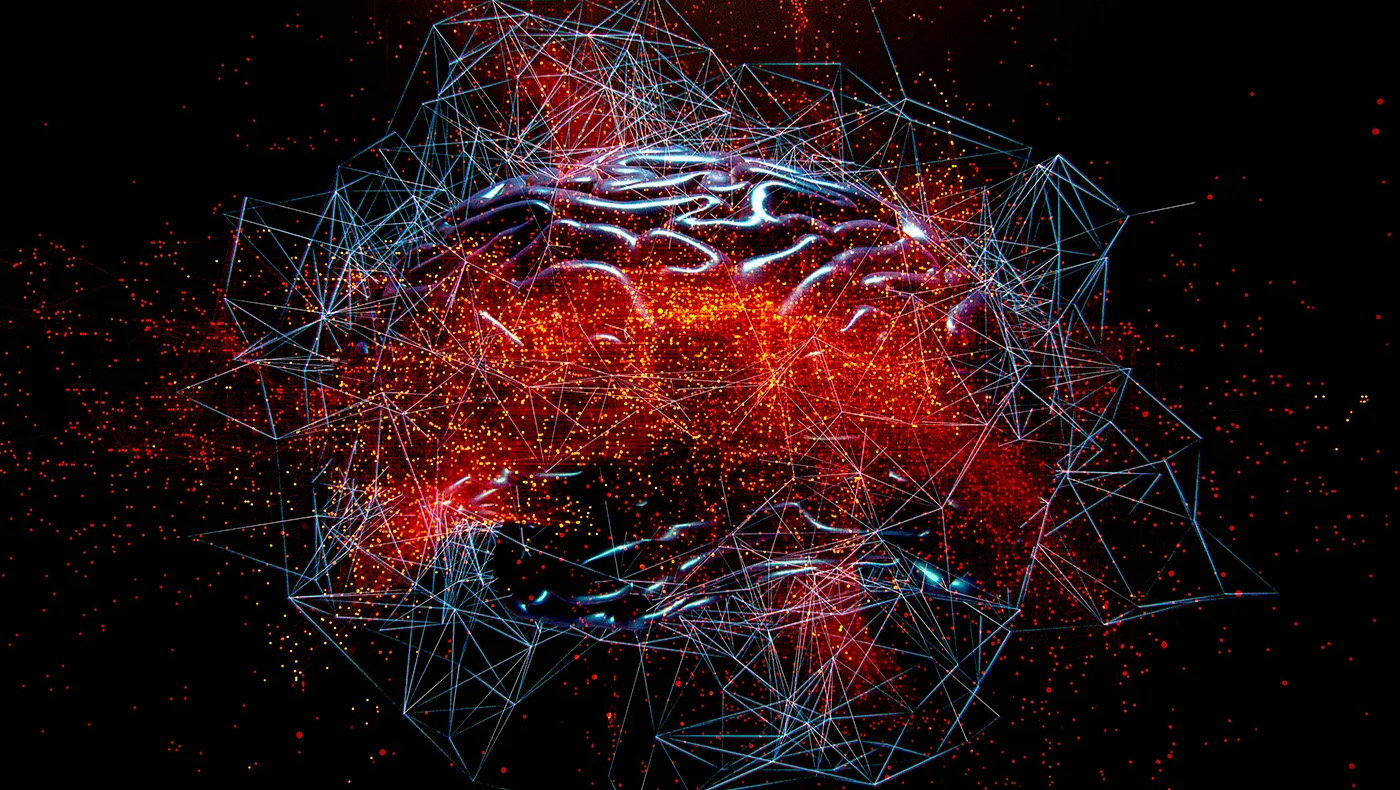
Research shows idea that mind and body are separate is natural — for neurotypical people
A new research paper by Northeastern professor Iris Berent demonstrates that the idea that the mind and body are separate and distinct rises naturally in people who are neurotypical and is not just the result of culture or environment.

Why do we like to get scared at the movies? Horror movies and the science of fear
It’s not a coincidence that horror has thrived, creatively and financially during tumultuous times. The films themselves might not always directly represent the anxieties and fears of the time, but audiences still find some kind of solace in seeing fear put on screen.

Getting ‘psyched’ to row in the Head of the Charles
As the Northeastern crew teams prepare for the Head of the Charles this weekend, Northeastern University professor Greyson Kimball weighs in on how psychology can get our rowers in sync for success.
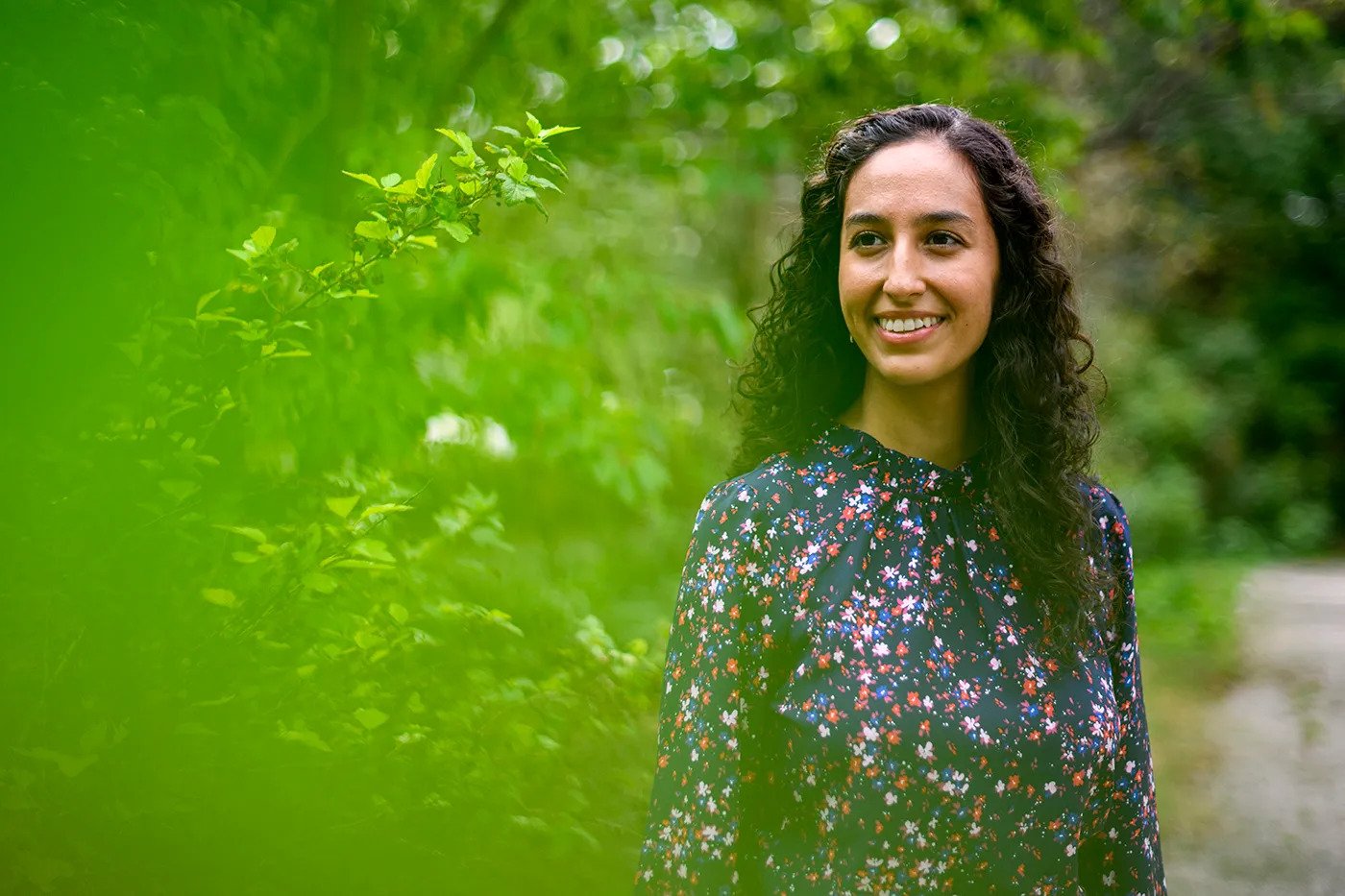
Where are you really from? An incoming assistant professor explores the psychology of being biracial
Science Fellow in the psychology and applied psychology department Analia Albuja has dedicated her research career to understanding how racial and cultural labeling affects people who do not fall neatly into the categories society.

Why don’t children with obesity benefit instantly from exercise?
Kids of all body types are tested as Northeastern researchers discover why children with obesity are outliers in terms of the immediate cognitive benefits of exercise.
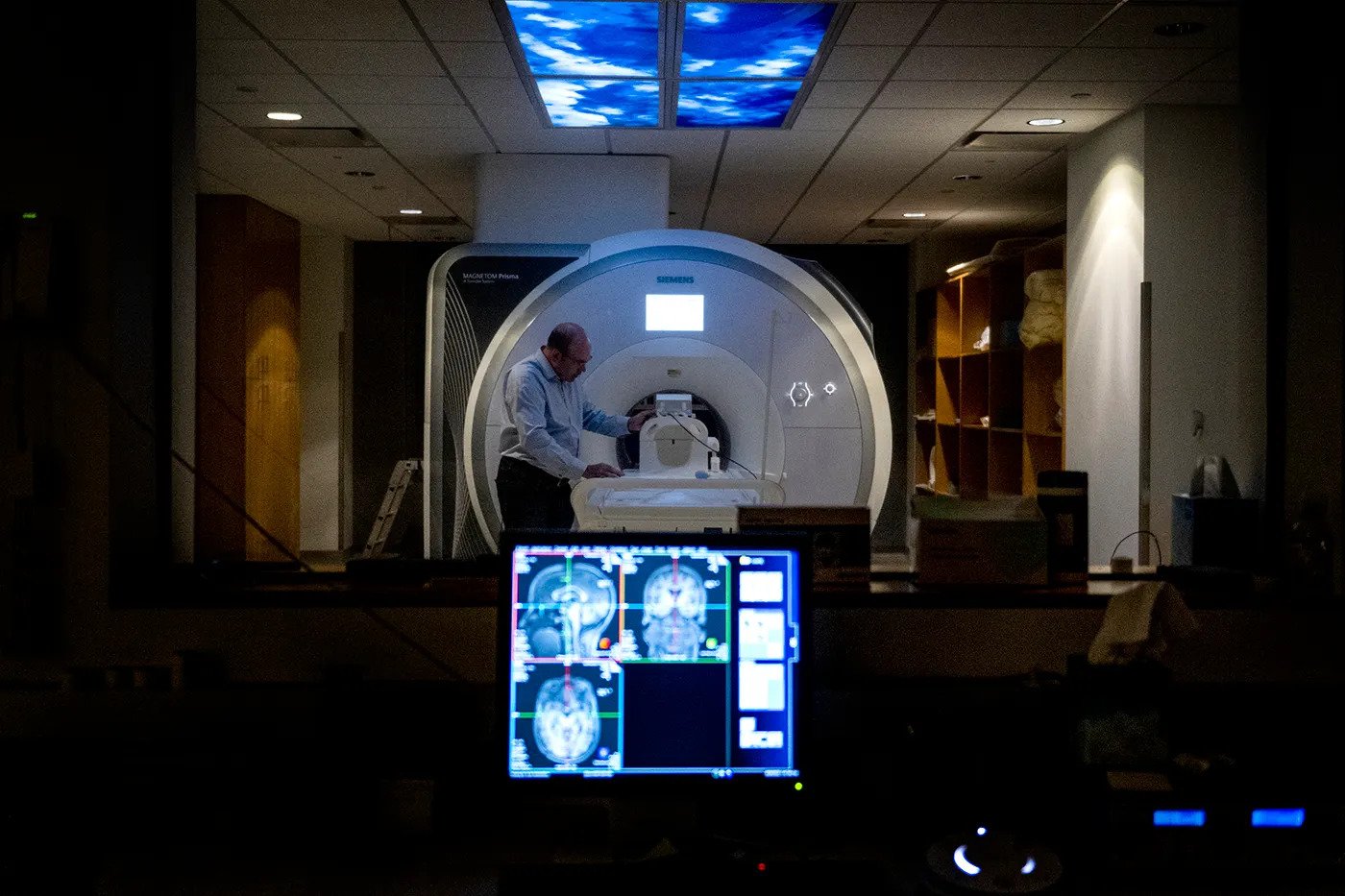
New Northeastern cognitive neuroscientist wants to improve your hearing—and brain function
Jonathan Peelle, one of Northeastern’s newest faculty members and cognitive neuroscientist has begun work in the Center for Cognitive and Brain Health.